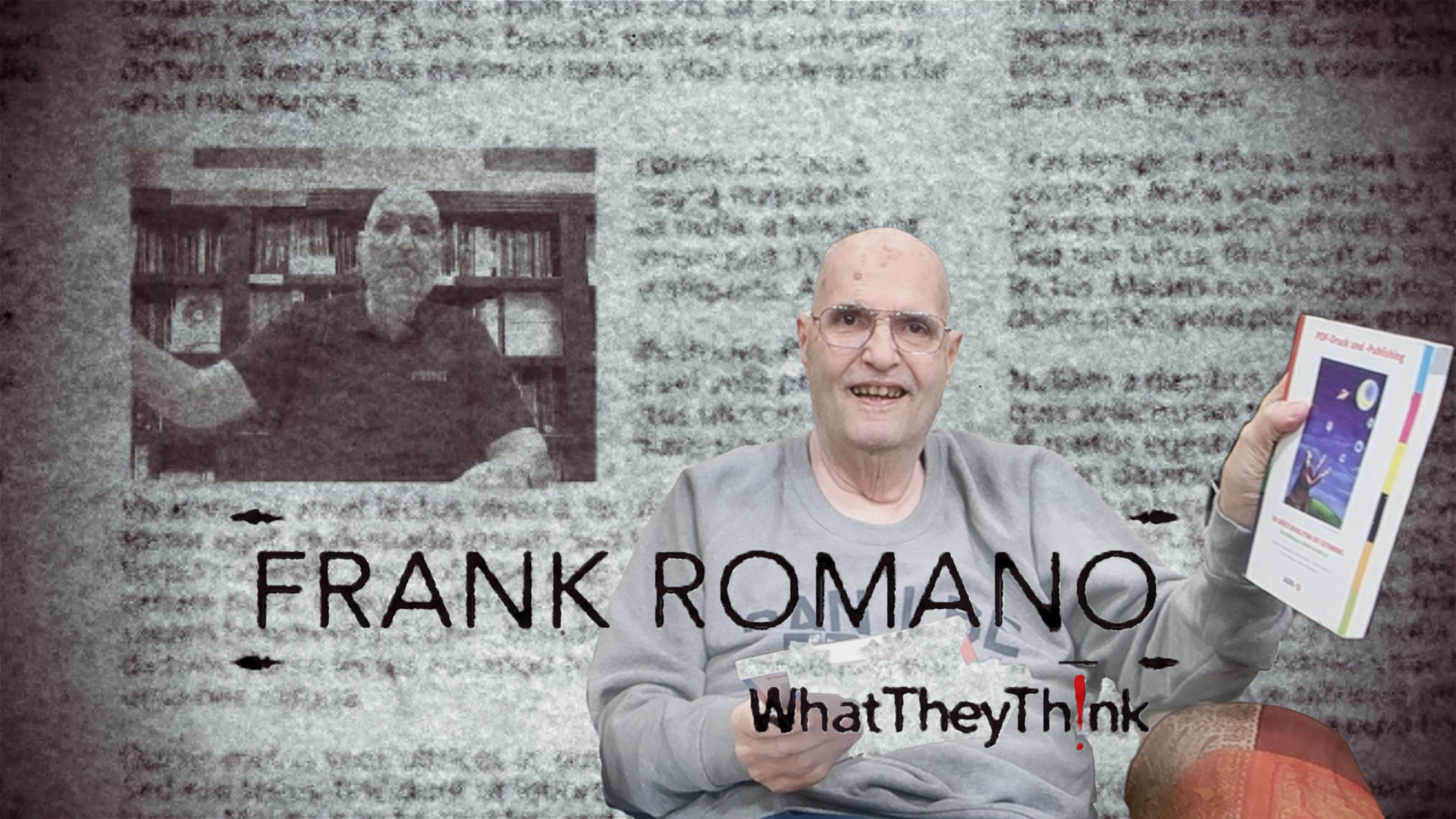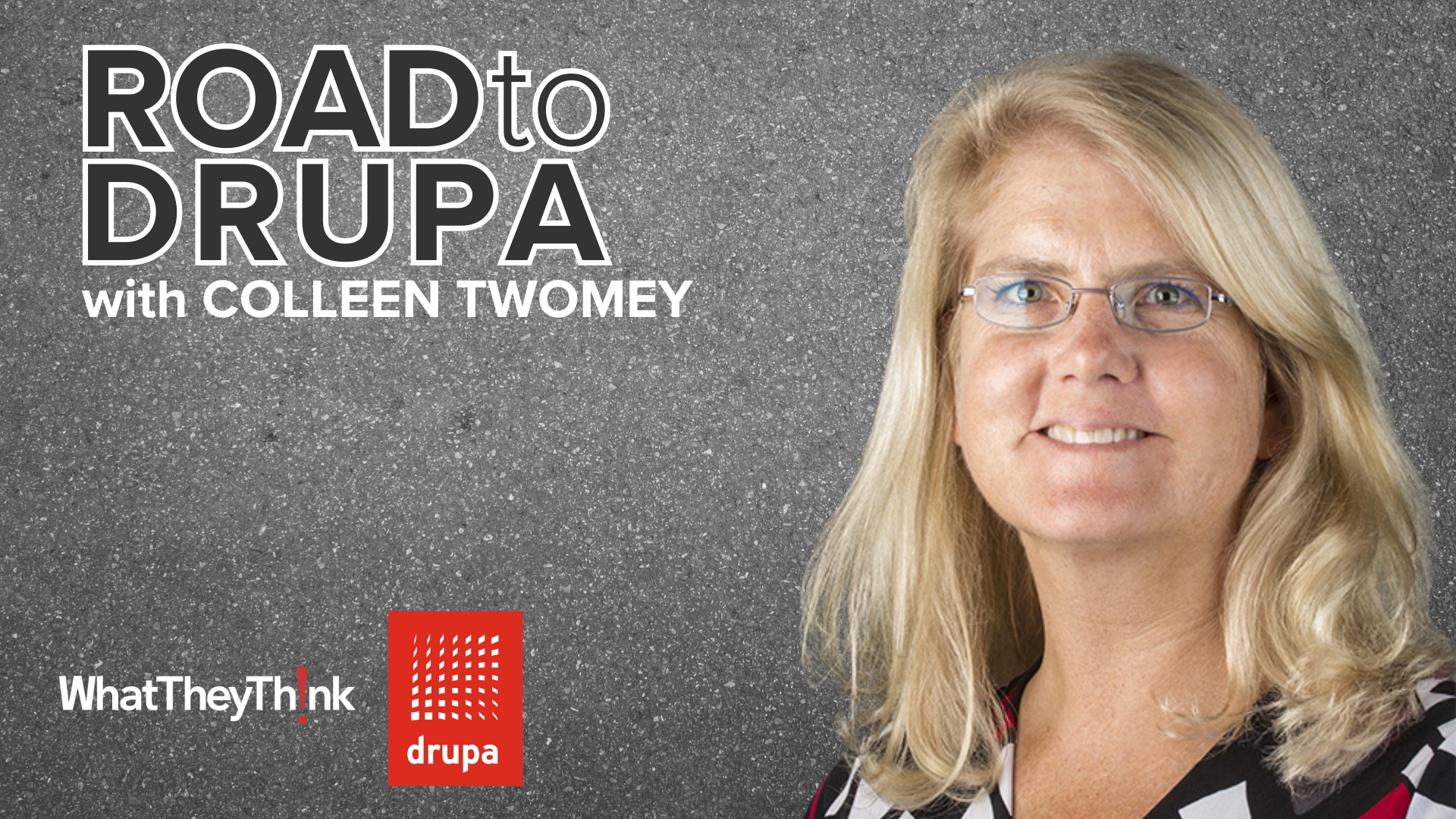The Advertising Ethics Jury Agrees With Two Sides On DocuSign
Press release from the issuing company
In a decision published on December 12th 2022, the Advertising Ethics Jury agreed with Two Sides.
Two Sides had filed a complaint following an advertisement broadcast by DocuSign claiming that the use of electronic signatures notably made it possible to save CO2 and save trees. By confirming that such environmental communication is contrary to professional recommendations, this decision will help combat the all too frequent unfounded allegations promoting digital tools at the expense of paper.
On the occasion of World Environment Day, DocuSign France broadcast on June 5th 2022, an advertisement on Twitter and LinkedIn, including a message indicating “#WorldEnvironmentDay We only have one planet. Let’s take care of it. Join us in preserving our forests, saving paper and water and reducing carbon emissions”, combined with a video showing a surfer walking towards the sea, waves crashing on a beach and a forest, the following text popped up: “Together we have a positive impact”, “22 billion litres of water saved”, “Over 6 million trees saved since 2003” and “55+ billion sheets of paper saved”. This advertisement did not mention anywhere the impact of the electronic signature service offered by DocuSign.
Considering this communication as a clear example of greenwashing, Two Sides filed a complaint with the Advertising Ethics Jury (JDP).
In its final opinion, published on December 12th 2022 on the JDP website, the Jury notes that “the quantified allegations which constitute impact reduction arguments are not matched by any precision and any reference, in particular to the advertiser’s website, making it possible to explain these figures and to know both the period considered and the basis of comparison used”, that “this imprecision does not make it possible to understand in that the services offered have the qualities claimed. Similarly, the overall claim “reduce carbon emissions” is not accompanied by quantified details”. The Jury also considered that “the claim: “together we have a positive impact” induces the idea that DocuSign’s activity would have the effect, by itself, of protecting the environment. At the very least, it minimizes the ecological impact of the digital solutions it offers, which are not recalled. Accompanied by the visuals chosen by DocuSign, the Jury considers that “this global presentation is disproportionate to the reality of the environmental impact of the advertiser’s activities and is likely to mislead the public”.
Above all, concerning how DocuSign tried to justify the paper savings and the safeguarding of trees allowed by its electronic signature service, the Jury considered that DocuSign “provides only approximate explanations in this respect” which do not reflect not the reality of paper production and in particular the fact that “the sheets of paper can be produced thanks to the recovery of scrap wood from sawmills or with trees that have been felled for a purpose other than this production, in particular under maintenance necessary for the proper management of the forest.
In addition, the Jury recalls that “no supporting evidence has been produced concerning the general claim ‘reducing carbon emissions’, whereas the use of digital technology does not in itself constitute a guarantee in this regard and that moreover, the felling of trees can be accompanied by replanting allowing the capture of CO2.”
In conclusion, the JDP ruled in favour of Two Sides, considering that the advertising broadcast by DocuSign contravenes no less than 10 points of the “Sustainable Development” Recommendation of the Professional Advertising Regulatory Authority.
It is now established that the aptly named “dematerialization” is an illusion and that digital communication, in its various forms, has increasing environmental impacts which can, depending on the uses and its technical methods, exceed those of paper. Two Sides regrets that companies such as DocuSign choose to communicate on unfounded environmental arguments and ignore the environmental performance of paper. “At the same time, we are delighted with this opinion, which constitutes a kind of case law”, indicates Pierre-Yves Bais, President of Two Sides France. “Two Sides will continue its dialogue with companies that use this type of argument to alert them to the risks of greenwashing to which they expose their brand and their company, risks confirmed today by this opinion of the Advertising Ethics Jury”.
- Inkjet, Partnerships, and Joint Development Agreements
- More Drupa 2024 inkjet announcements – part two
- Winning in Flexible Packaging through Chem-Stack Design
- Trigger Fresh Ideas in Customer Interviews
- MEGNAJET’S FLUID MANAGEMENT SYSTEMS SUPPORT C-MARX GROWTH
- Kyocera Belharra Photo Printing on the Road to drupa
- Summary of Drupa 2024 inkjet announcements Production Print
- Inkjet driving insourcing for state in-plants

WhatTheyThink is the official show daily media partner of drupa 2024. drupa Event Coverage | drupa daily programs
© 2024 WhatTheyThink. All Rights Reserved.









Discussion
Join the discussion Sign In or Become a Member, doing so is simple and free